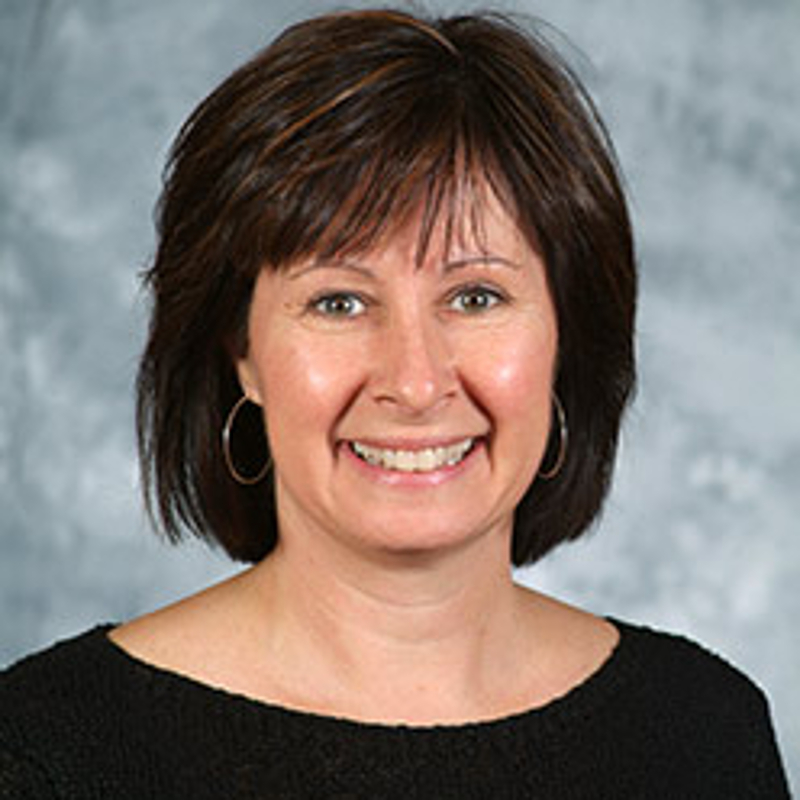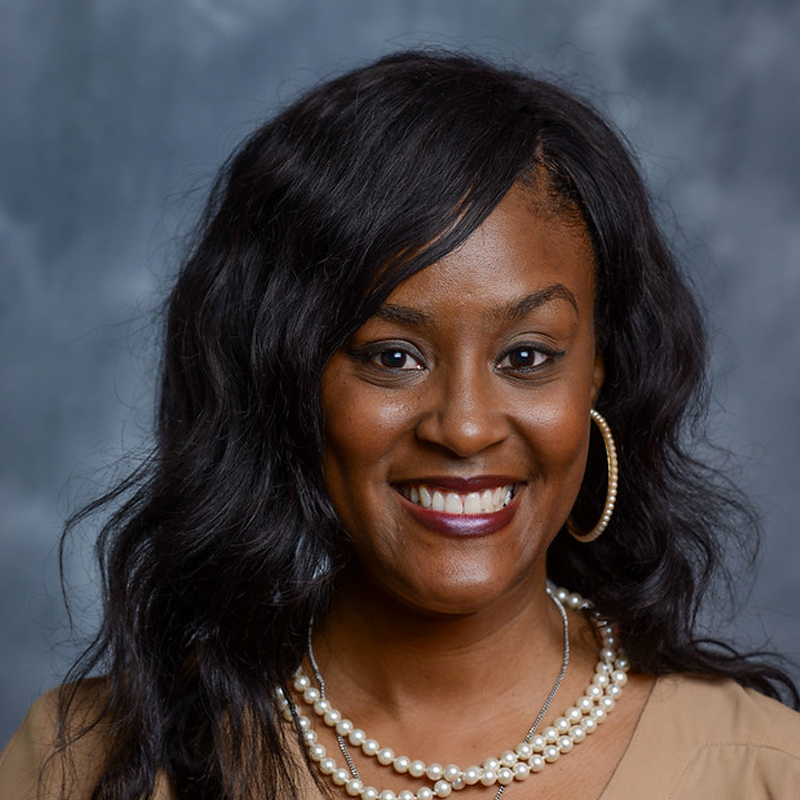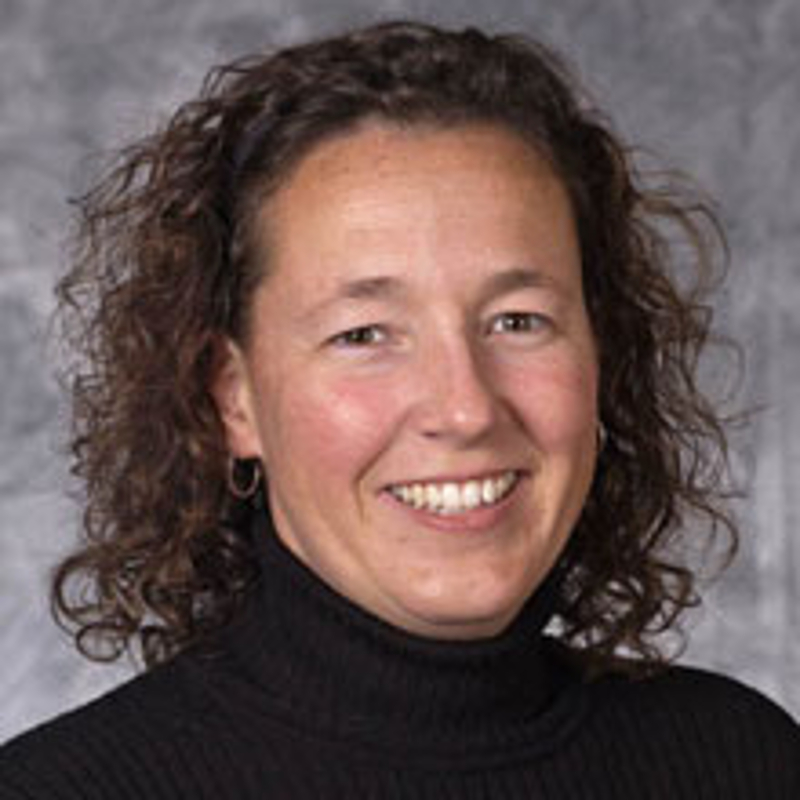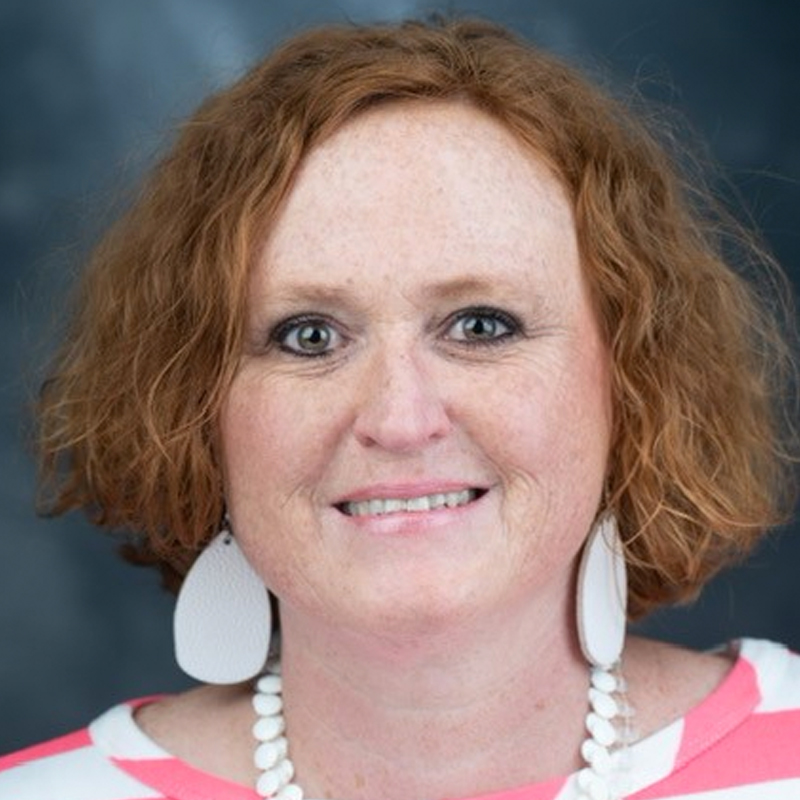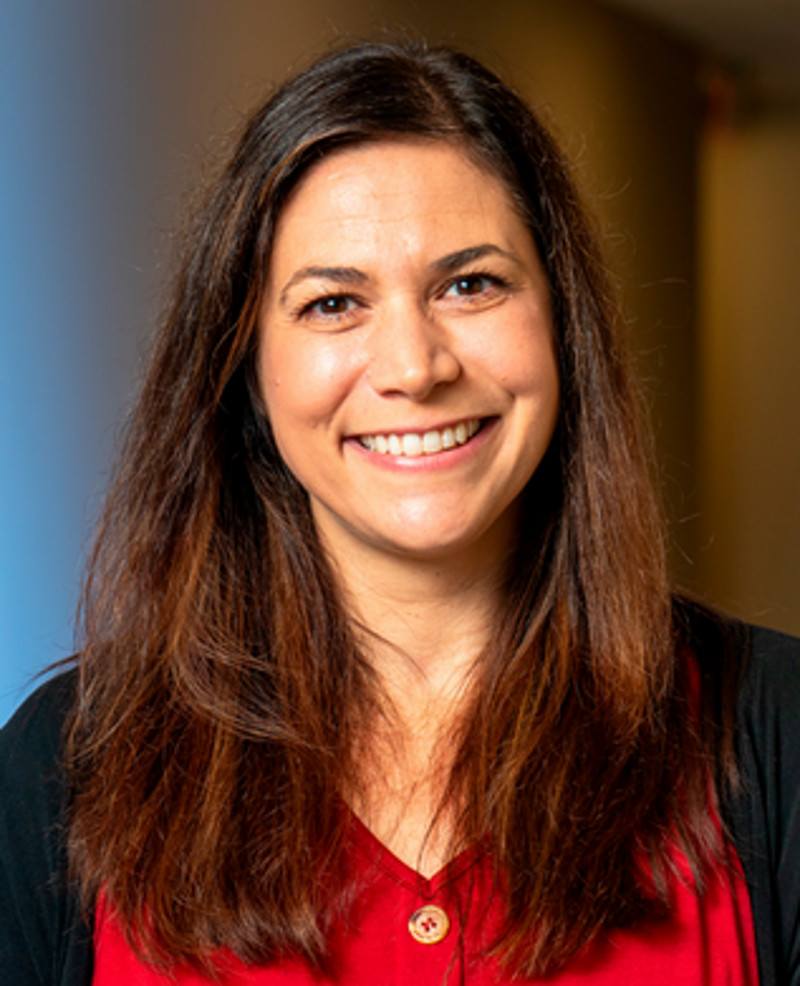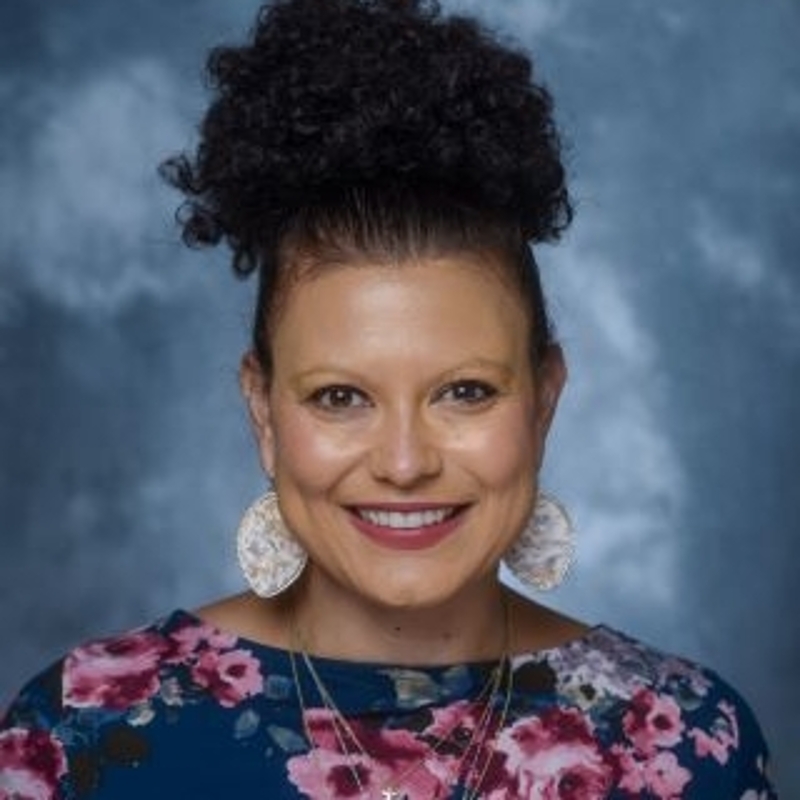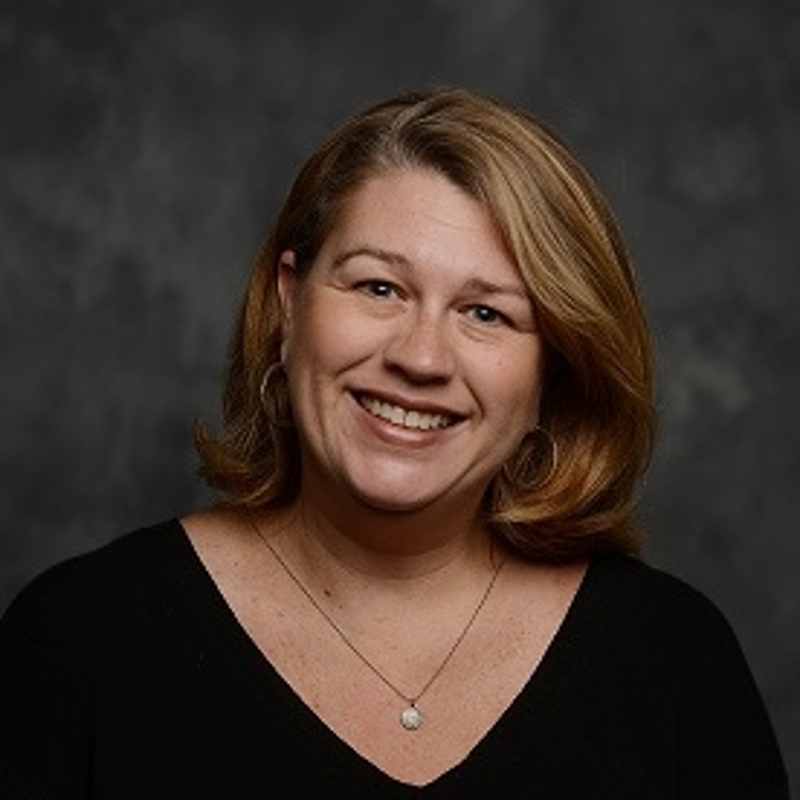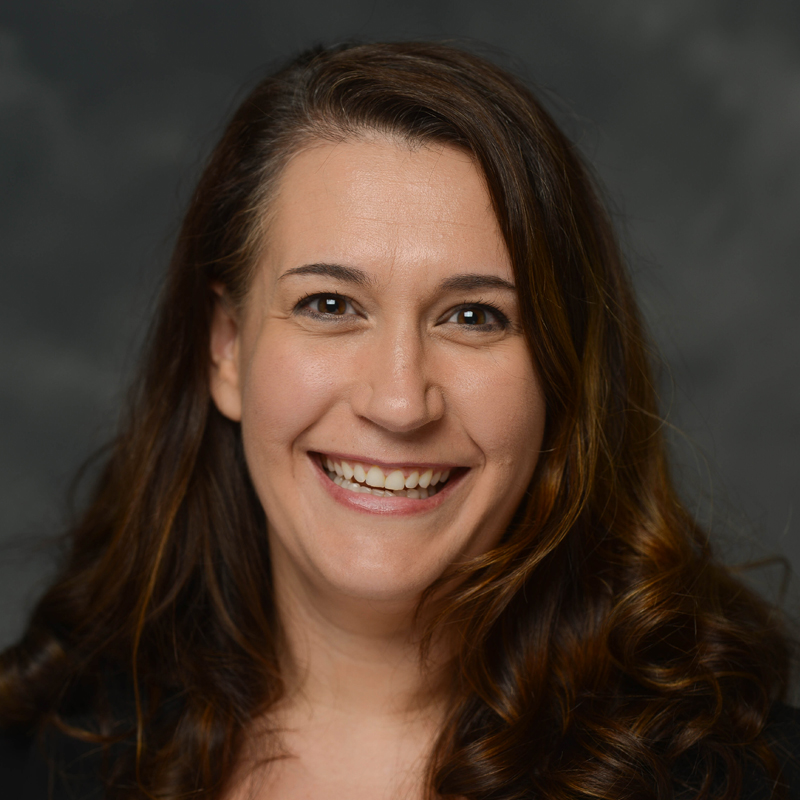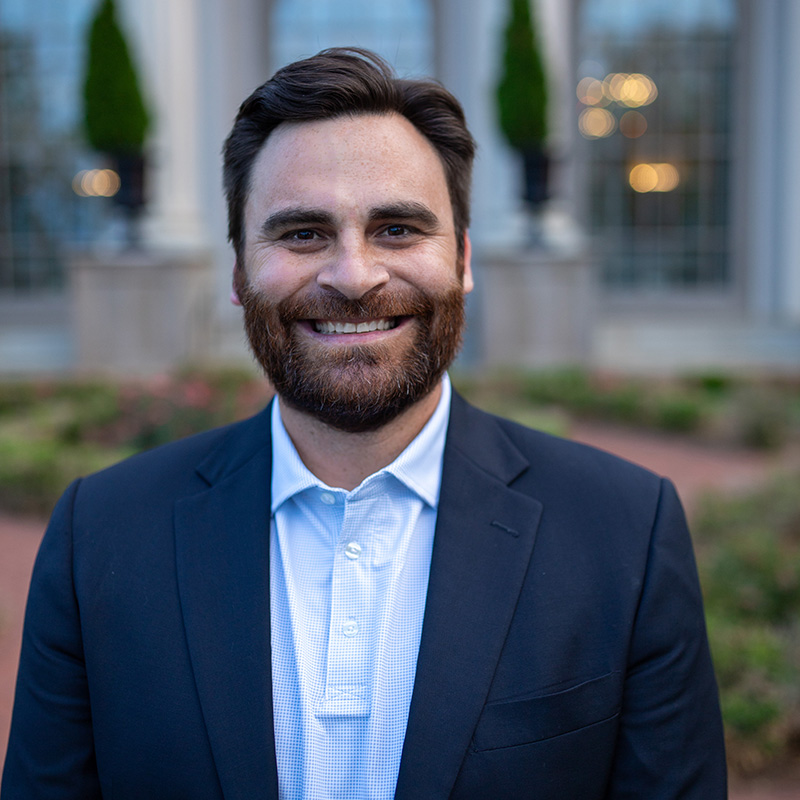Why Major in Early Childhood Education?
Our Early Childhood Education, B.A./B.S. (Pre-K - 3) program provides you with dual preparation in early childhood and special education, ensuring you are well-equipped to meet the diverse needs of all students in this age group. You will learn from expert faculty with extensive classroom experience, gaining valuable insights into effective teaching strategies. Additionally, our program emphasizes hands-on fieldwork and student teaching, allowing you to apply your knowledge in high-quality early learning environments, including Belmont’s on-campus Little Bruins Preschool. Join us to shape young minds and make a meaningful impact in the lives of children!
Request Information
Located in the Heart of Nashville

What You'll Learn?
Through Belmont’s Early Childhood Education program, you will cultivate effective teaching strategies tailored for young children, focusing on play-based and inquiry-based learning. You'll gain essential skills to support children with diverse learning needs in inclusive environments while developing expertise in child development, literacy, and early intervention techniques. Additionally, you'll acquire practical classroom experience through student teaching placements, preparing you to make a meaningful impact in the lives of young learners.
Program Details
Curriculum
The music business major is equivalent to a double major in business administration and music business, so you won't need to complete a minor area of study. A major in music business leads to the Bachelor of Business Administration (B.B.A.) and requires a total of 128 credit hours of coursework:
- BELL core requirements: 50 hours
- Business courses: 33 hours
- B.B.A. core technical requirement: 3 hours
- Major area: 13 hours
- Emphasis area: 15-27 hours
- General electives: All remaining hours
Course Listing
- EDU 2600. Introduction to Inclusive Early Childhood Education
This course provides a comprehensive overview of inclusive early childhood education, emphasizing the importance of creating learning environments that support the diverse needs of all young children. Students will explore foundational concepts, theories, and best practices related to inclusion, diversity, and equity in early childhood settings. The course covers topics such as child development, disability awareness, family engagement, and culturally responsive application, students develop the skills necessary to foster inclusive and equitable learning experiences for all children. - EDU 2700. Creative Arts and Learning Through Play
This course focuses on the importance of creative arts and play in early childhood education, emphasizing their role in promoting holistic development and learning in young children. Candidates explore theories of play, the use of various art forms (visual art, music, movement, and drama), and the integration of these creative elements into developmentally appropriate and inclusive curriculum planning. Candidates examine how play and the arts can support children's cognitive, social-emotional, language, and physical development, particularly for learners with diverse abilities, including those with special needs. The course provides opportunities to develop hands-on strategies for integrating creative arts and play in early childhood classrooms, with a focus on fostering creativity, problem-solving, and collaboration among children. - EDU 3060. Reading Instruction, Assessment, and Intervention in Early Childhood Ed.
This course focuses on enhancing instructional practices and student outcomes in the pre-K-3 elementary school setting. Students develop a deep understanding of assessment methods to accurately identify student needs and inform effective instruction. Emphasis is placed on designing and implementing targeted interventions to address specific learning challenges. Through a belnd of theory and practical application, participants will gain the skills necessary to create inclusive and differentiated learning environments that promote student success.
- Early classroom exposure through field placements
- Research and internship opportunities
- Access to Nashville's diverse early learning environments
Belmont University is accredited by the Southern Association of Colleges and Schools Commission on Colleges (SACSCOC) to baccalaureate, master’s and doctoral degrees. Questions about the accreditation of Belmont University may be directed in writing to the Southern Association of Colleges and Schools Commission on Colleges at 1866 Southern Lane, Decatur, GA 30033-4097, by calling (404) 679-4500, or by using information available on SACSCOC’s website (www.sacscoc.org).
Belmont’s Teacher Education Program is approved by the Tennessee Department of Education and accredited by the Council for the Accreditation of Educator Preparation (CAEP) legacy site visit of 2021.
The Belmont University School of Music is a fully-accredited institutional member of the National Association of Schools of Music (NASM).
The Watkins College of Art at Belmont University is an Accredited Institutional Member of the National Association of Schools of Art and Design (NASAD)
CAEP ANNUAL REPORTING MEASURES
The Belmont University College of Education prioritizes the use of data as part of its assessment and continuous improvement process. The below data provide a summary of survey results, state data reports, and teacher candidate performance assessment data. Data are acquired from sources including the Tennessee Department of Education (TDOE); Educational Testing Service (ETS); the Belmont Office of Career & Professional Development, and the Belmont Office of Assessment & Institutional. Data are linked to the reporting measures to assist prospective and current students, faculty, accrediting bodies, the public and researchers.
Please contact Dr. Cathy Eschete, Director of Clinical Practice and Accreditation Coordinator ( cathy.eschete@belmont.edu) before including any of this information in reports or research.
Outcomes & Alumni Success
Graduates of Belmont’s education programs are highly sought after by schools and childcare centers. Alumni have gone on to teach in public and private learning settings, lead intervention programs, and advocate for inclusive education policies.
We're committed to your success
Belmont provides career support through mentorship, job fairs, and partnerships with local schools. With strong licensure pass rates and high job placement, our graduates are well-prepared for success.
100% percent of College of Education graduates are employed, pursuing continuing education, or enlisted in the military within 6 months of graduation and 100% of employed graduates are in positions that align with their short or long term career goals.
Learn more about Career & Professional Development
Career Possibilities
Preschool teachers educate and care for children aged 3 to 5, focusing on developing foundational skills in a nurturing environment. They create lesson plans that promote social, emotional, and cognitive growth through play-based and hands-on activities, ensuring children are prepared for kindergarten.
Early intervention specialists work with infants and toddlers who have developmental delays or disabilities. They assess children’s needs and coordinate individualized intervention strategies, often collaborating with families and other professionals to support the child's growth in areas like communication, motor skills, and socialization.
Special education teachers provide individualized instruction to students with diverse learning needs, including physical, emotional, or cognitive disabilities. They develop tailored educational plans, use adaptive teaching methods, and create inclusive classroom environments to foster each child's growth and learning.
Childcare center directors oversee the daily operations of early childhood education programs. They are responsible for managing staff, ensuring compliance with regulations, developing curricula, and maintaining a safe and nurturing environment for children. They also interact with parents and the community to promote the center's mission.
Curriculum developers design and implement educational programs and materials for early childhood education. They collaborate with educators to create age-appropriate lessons, assessments, and resources that align with educational standards and support children's developmental needs, fostering effective learning experiences.
Learn from the Best
Our faculty are experienced educators, researchers, and advocates for inclusive early learning. Belmont’s College of Education is committed to preparing teachers who make a difference in young children’s lives.
FAQs
What makes this program unique is our integrated approach that combines early childhood education with special education licensure in Pre-K-3, making graduates highly marketable in the education field. This dual preparation allows our students to effectively teach all children in inclusive classroom settings.
Students engage in field experience in the form of classroom placements stating early in the program, culminating in a full-time student teaching experience. These placements provide hands-on experience in diverse early childhood settings.
Yes, scholarships are available! Please visit our Scholarship and Student Opportunities page for more information.
Job prospects for graduates are solid. With a growing demand for qualified early childhood and special education educators, our graduates enjoy strong job placement rates (100% of graduates were employed, pursuing continuing education, or enlisted in the military within 6 months of graduation as of 2024). The dual licensure makes our graduates particulary attractive to employers.
Yes, you can pursue further education after this degree! This program provides a strong foundation for our 4+1 program that allows students to earn a Master’s degree and licensure in just one additional year.
Most students complete the bachelor's degree in Early Childhood Education in four years of full-time study. For those pursuing our 4+1 program, you can earn both your bachelor's and master's degrees in a total of five years, significantly accelerating your career advancement.
An Early Childhood Education degree from Belmont prepares you for diverse career paths including preschool teaching (Pre-K-3), special education, early intervention, childcare center administration, curriculum development and educational consulting. Our graduates' dual preparation in both Early Childhood and Special Education makes them particularly competitive in the job market.
Early Childhood Education is an excellent major for those passionate about child development and making a meaningful difference in young lives. The field offers strong job security, competitive salaries and high satisfaction rates. According to the Bureau of Labor Statistics, employment of preschool teachers is projected to grow steadily, and educators with special education training, like our graduates, are in particularly high demand.
Early Childhood Education focuses specifically on Pre-K through 3rd grade, with specialized training in development milestones, play-based learning and foundational skill development. Elementary Education covers a broader age range (K-5). Our program's unique focus on early childhood with integrated special education training prepares you to work with diverse learners during these critical formative years.
Our Early Childhood Education program offers a strategic format designed for both traditional undergraduates and working professionals. The bachelor's program is delivered entirely in-person on our Nashville campus, providing a hands-on experience and close faculty mentorship. For those continuing to our master's program, all graduate courses are offered 100% online, allowing educators to advance their careers while maintaining their current teaching positions.
Contact Us
Addison Wallace
Admissions Coordinator
615.460.5505
Email Addison


